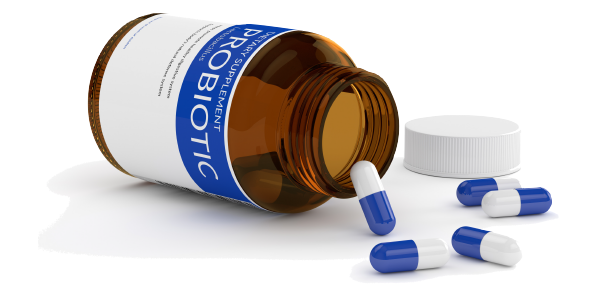
Question 2: For cases of watery diarrhea, do probiotics affect outcome?
Do you recommend the addition of probiotics to families of children with watery diarrhea? Could something this simple actually make a difference?
Explore This Issue
ACEP Now: Vol 38 – No 01 – January 2019A 2010 Cochrane systematic review and meta-analysis by Allen et al demonstrated that the addition of probiotics decreased the mean duration of diarrhea by one day (24.76 hours [95% CI; 33.61–15.91]).1 The meta-analysis portion included 35 trials with a total of 4,555 patients. With the addition of probiotics, there were fewer patients experiencing diarrhea lasting four days or more (29 studies with 2,853 total patients, risk ratio 0.41 [95% CI; 0.32–0.53]), and the decrease in frequency of diarrheal stools was present on day two of probiotic therapy (20 studies with 2,751 totals patients, mean difference 0.80 [95% CI; 0.45–1.14]).
Of note, this study included both inpatient and outpatient populations. The specific probiotic dosages varied by study, but overall, the beneficial probiotic species were Lactobacillus casei strain GG (commonly referred to as Lactobacillus rhamnosus GG, labeled “LGG” on probiotic packages); Enterococcus lactic acid bacteria (LAB), not to be confused with the Enterococcus faecalis or faecium species we associate with disease; and Saccharomyces boulardii, which is actually a yeast. In summary, probiotics shortened the total duration of diarrhea and improved symptoms earlier in the course. It is also important to note that the authors were unable to find any serious adverse effects of probiotic usage.
Another separate meta-analysis by Szajewska et al specifically looked at LGG in 11 randomized controlled trials (2,444 total pediatric patients) in cases of acute gastroenteritis and found that, like in the Cochrane review, diarrhea duration decreased by about one day (1.05 days [95% CI; 0.4–1.7]).2
More recent randomized controlled trials have looked at specific bacterial strains and their effects on diarrhea duration. Lactobacillus reuteri appears to be helpful. Studies of this strain include both inpatient and outpatient settings. Dinleyici et al evaluated Lactobacillus reuteri in an outpatient setting (n=60 children) and found a significantly shorter diarrhea duration of 15 hours.3 In a multicenter, randomized, single-blind clinical trial (n=127 patients) in the inpatient pediatric setting, Dinleyici et al found that treatment with Lactobacillus reuteri decreased the mean duration of diarrhea by 33 hours (70.7 ± 26.1 versus 103.8 ± 28.4; P< 0.001) and decreased length of stay of hospitalization as well.4
Conversely, not all probiotic strains appear to demonstrate similar findings. A double-blind, randomized, placebo-controlled study of Lactobacillus acidophilus in children in Vietnam (n=300 patients) by Hong Chau et al found no significant differences when compared to placebo.5
Overall, many studies demonstrate a decrease in diarrhea duration and improvement in diarrhea frequency earlier in the course when probiotics are administered. Probiotics are effective, and clinicians should routinely discuss this topic with families of children with acute watery diarrhea.
Pages: 1 2 | Single Page





No Responses to “In Watery Diarrhea Cases, Do Probiotics Affect Outcome?”